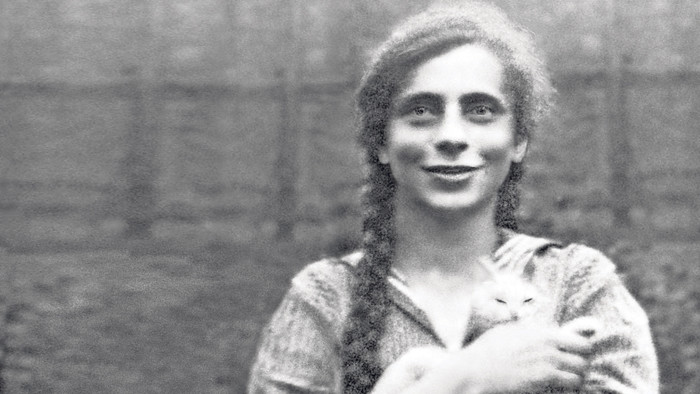‘Great War Diaries’, Saturday, 6.10pm, BBC 2

Simply sign up to the Life & Arts myFT Digest -- delivered directly to your inbox.
There’s no escape as we approach the actual date of Britain’s declaration of war. Ten years in the making, a German-French-British co-production directed by a Dutchman, Great War Diaries (Saturday BBC2) uses the words of real people to recount day-to-day experiences from 1914 onwards, from an Australian woman stranded in Germany to a small French boy keeping a diary of his town’s occupation by the Huns (his word), from a genteel young Englishwoman in a London munitions factory to a 14-year-old Cossack girl following her father to war.
The assemblage creates a cohesive pageant moving randomly, then inevitably, from one vignette to another. By the end of this first episode it has acquired the unstoppable momentum of that frightening new invention, the tank.
Combining English narration with serviceable dramatised scenes in the characters’ own languages, actual words are taken from letters, diaries and memoirs; tonight’s subjects include 10-year-old Yves Congar in German-occupied Sedan and Scots volunteer nurse Sarah MacNaughtan, abandoned with a cellar full of wounded soldiers as the Germans take Antwerp. Like Charles Edward Montague, 48, but desperately passing for younger in his eagerness to fight, she left copious records of the war. The most famous person we meet is the German artist Käthe Kollwitz, a strange mix of progressive radical and nationalist: the war brought out a feeling of unity that she thought signalled a better future, and she even sent her son to fight for the Kaiser with enthusiasm. It is no spoiler, if you know her most famous sculpture, to warn you that not everyone in the series survives the war.
People’s daily preoccupations fill in the minutiae of life. The 12-year-old Elfriede Kuhr, in her provincial home already shaken by guns on the Eastern Front, experiences her schoolmaster’s sharp exhortations against the corrupting use of soft French words – “maman”, “adieu” – in the clean German tongue. Cordite affects girls in the Woolwich munitions factory with fits and nascent epilepsy. A reminder of the broader picture – a million men dead in three months – puts the small figures in place, piecing out the mosaic of history.

Comments